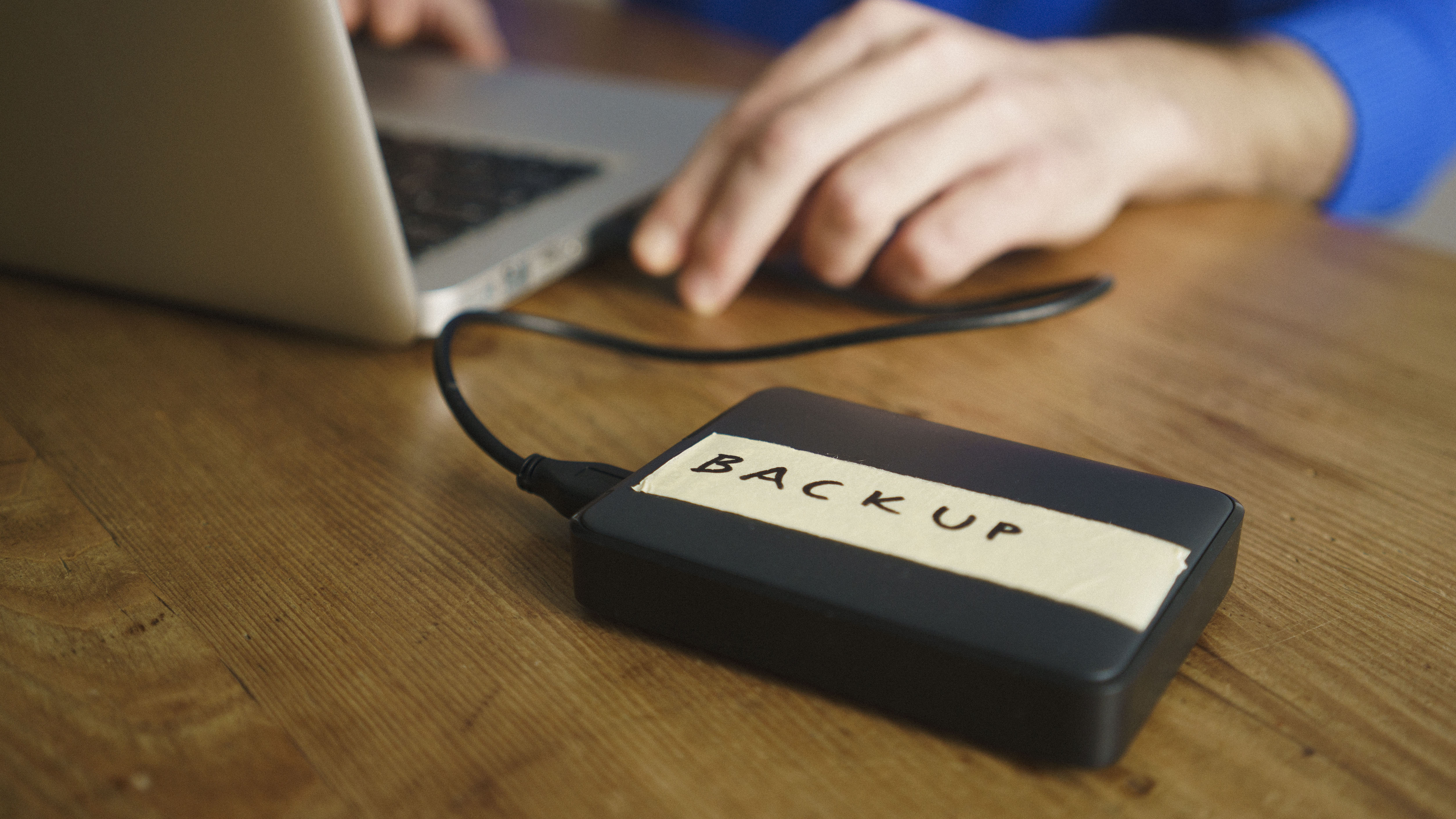A shocking number of firms have lost data due to failed backups
The solution’s as easy as 3-2-1

Sign up for breaking news, reviews, opinion, top tech deals, and more.
You are now subscribed
Your newsletter sign-up was successful
A study of hundreds of security decision-makers across large British companies has uncovered the sheer number of businesses that have lost or risked losing data due to poor backup strategies.
Hardware-encrypted USB drive maker Apricorn found that, of the nine in 10 companies that were forced to turn to their backup system, only one-quarter (27%) were able to fully recover their information.
Most alarming is that, despite more sophisticated solutions being available, this number is down from 45% in 2022.
Companies don’t have good backup processes in place
These figures coincide with the rising number of security decision-makers who believe that their backups aren’t robust enough to allow “rapid recovery” from an attack, which now stands at 22%, up from 15% last year.
Apricorn highlights the growing cases of ransomware, which account for around one-quarter (24%) of data breaches, up from 15% in the previous year. Attackers have become more aware than ever of the potential value of some company data, along with the devastation compromises could cause, leading to rapidly increasing cases of ransomware globally.
Apricorn’s EMEA managing director, Jon Fielding, suggests that part of the problem could be down to a surge in manual backups - automated backups now account for just half of the instances observed by the analyses, down from 93% last year. While manual backups can provide companies and workers with greater autonomy, margin for error can be higher and thorough training is vital.
Looking forward, Fielding continues to see value in the 3-2-1 method: “Too many companies are still at risk from having a single point of failure.”
Sign up to the TechRadar Pro newsletter to get all the top news, opinion, features and guidance your business needs to succeed!
Using this method, companies should “have at least three copies of data, stored on at least two different media, at least one of which is offsite.”
Rounding up the research and in a clear nod to the rising cases of ransomware and other cyber attacks, Fielding adds that “ideally, one offsite location should be offline,” citing the likes of an encrypted hard drive that can be disconnected from the network.
More from TechRadar Pro
- The winning strategy for SMB ransomware protection
- Check out our roundup of the best cloud hosting providers
- Want to lock your data away in a trusted online location? Here are the best cloud storage solutions
With several years’ experience freelancing in tech and automotive circles, Craig’s specific interests lie in technology that is designed to better our lives, including AI and ML, productivity aids, and smart fitness. He is also passionate about cars and the decarbonisation of personal transportation. As an avid bargain-hunter, you can be sure that any deal Craig finds is top value!
